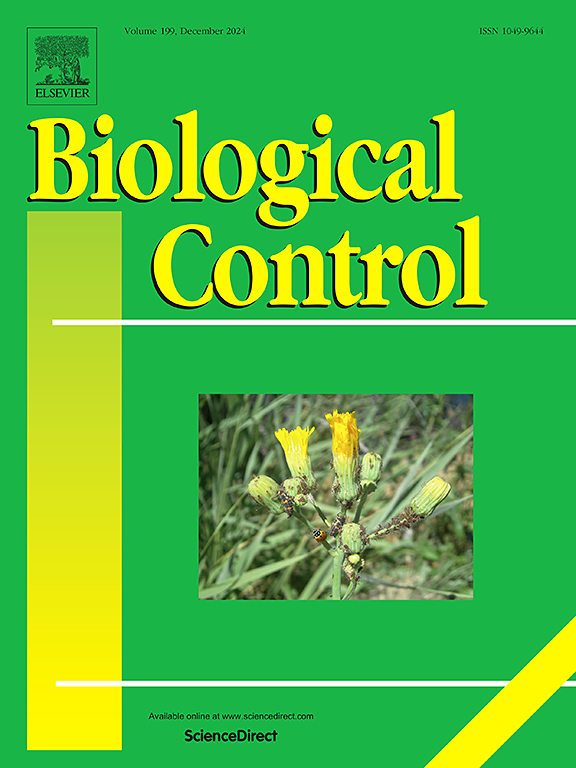Since 2012, Vietnam has also signed important international treaties and agreements on trade, such as Voluntary Partnership Agreements (VPAs) through the European Union’s (EU) Forest Law Enforcement. These new policies have enhanced the role of the forestry sector within the overall national economy and provided a strong legal framework and incentives for forestuser groups and government agencies to take part in forest protection and development. Nevertheless, new market rules and international trade patterns also pose significant challenges for Vietnam, where the domestic forestry sector is characterized by state-owned companies and a large number of domestic firms that struggle to comply with these new rules.
The climate change policies, national REDD+ strategy and REDD+ institutional setting has been refined and revised over time. However, uncertain and complex international requirements on REDD+ and limited funding have weakened the government’s interest in and political commitment to REDD+. REDD+ policies in Vietnam have shown significant progress in terms of its monitoring, reporting and verification (MRV) systems, forest reference emission levels (FREL), and performance-based and benefit-sharing mechanisms by taking into account lessons learnt from its national Payment for Forest Environmental Services (PFES) Scheme. Evidence also shows increasing efforts of government and international communities to ground forestry policies in a participatory decision-making processes and the progress on developing safeguarding policies in Vietnam between 2012 and 2017 affirms the government’s interest in pursuing an equitable REDD+ implementation. Policy documents have fully recognized the need to give civil society organizations (CSOs) and ethnic groups political space and include them in decision making. Yet, participation remains token. Government provision for tenure security and carbon rights for local households are still being developed, with little progress since 2012.
The effectiveness of REDD+ policies in addressing drivers of deforestation and degradation has not be proven, even though the revised NRAP has recently been approved. However, the fact that drivers of deforestation and degradation are outside of the forestry sector and have a strong link to national economic development goals points to an uneasy pathway for REDD+. The business case for REDD+ in Vietnam has not been proven, due to an uncertain carbon market, increasing requirements from donors and developed countries, and high transaction and implementation costs. Current efforts toward 3Es outcomes of REDD+ could be enhanced by stronger political commitment to addressing the drivers of deforestation from all sectors, broader changes in policy framework that create both incentives and disincentives for avoiding deforestation and degradation, cross-sectoral collaboration, and committed funding from both the government and developed countries.
Download:
DOI:
https://doi.org/10.17528/cifor/007402Altmetric score:
Dimensions Citation Count:
Publication year
2019
Authors
Pham, T.T.; Hoang, T.L.; Nguyen, D.T.; Đào Thị, L.C.; Ngo, H.C.; Pham, V.H.
Language
English
Keywords
climate change
Geographic
Viet Nam
























